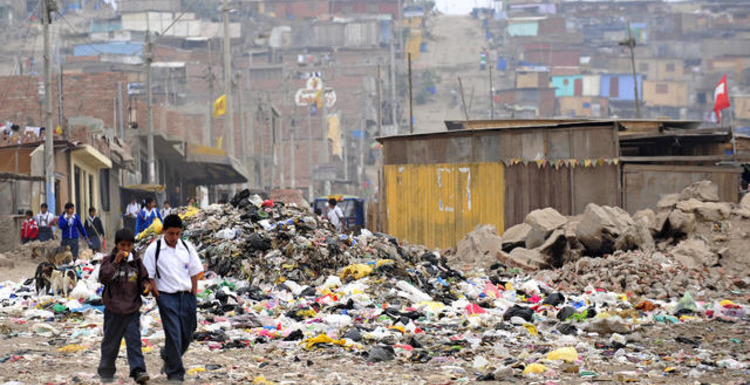by SCOTT W. DOWNS

For 23 months from November 1998 through October 2000 I traversed Paraguay on a humanitarian mission. During that period I witnessed abject poverty, precarious public works infrastructure, extremely limited educational opportunities, and a dearth of adequate sanitation. I lived in the districts of Asunción, San Lorenzo, Encarnación, Obligado, Natalio, San Antonio, Fernando de la Mora and Ñemby. It was revolting to see so many citizens living in abject poverty next to a small number of wealthy elites. Shanty-towns, or villas, are filled with lodgings that use plastic bags for doors and conceal dirt floors where several people sleep. Streams of sewage trickle through these villas, exposing its inhabitants to a litany of diseases. Meals provided little nourishment. Education regularly ended early because poor children could not afford to purchase uniforms and school supplies. Indeed, schools in rural villages are all but certain to be filled with malnourished children lacking shoes, attending so that they might receive meager sustenance.
Yet, despite the dire socio-economic environment in this impoverished country, they are an endearing and friendly people. Paraguayans are, by self-proclamation, tranquilo. This is to say they are peaceful, relaxed, friendly, and accepting of their station in life. The depth of Paraguayan hospitality, graciousness, selflessness, humility, and cheerfulness is remarkable, just as it is endearing.
The Paraguayans’ kindness quietly endures the stark income disparity consistent throughout much of Latin America. Seeking liberation from the oppression of dictatorships, several South American countries established democratic forms of government near the end of the 1980’s. In 1989, Paraguay ousted its fourth dictator, General Alfredo Ströessner, ending a merciless 35-year reign of searing human injustice. The expectation was that by removing General Ströessner and adopting democracy, Paraguayans would have a chance to enjoy increased financial upward mobility, improved social conditions, and an enhanced quality of life.[1] Recent reform in Health Care is promising, and its expansion will prove invaluable to improving the standard of living for all citizens. However, aside from the increased availability to health care services, few achievements in the past 25 years depict an inclusive democracy. The current system perpetuates extreme poverty while augmenting the wealth of the politically-connected elite—only a slight improvement from the economic model of Ströessner.
Council on Hemispheric Affairs for more
